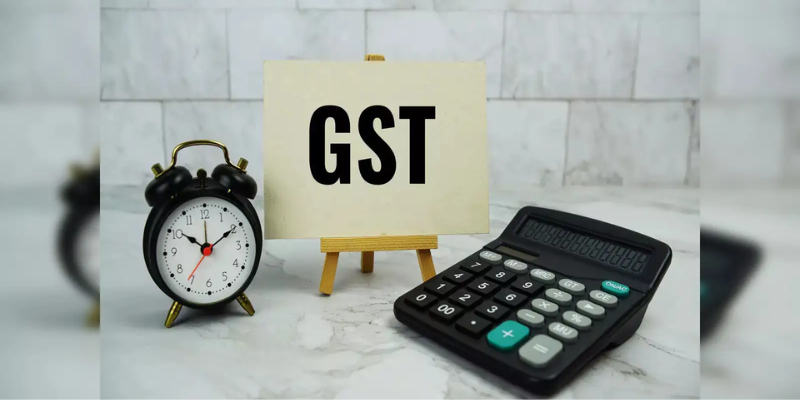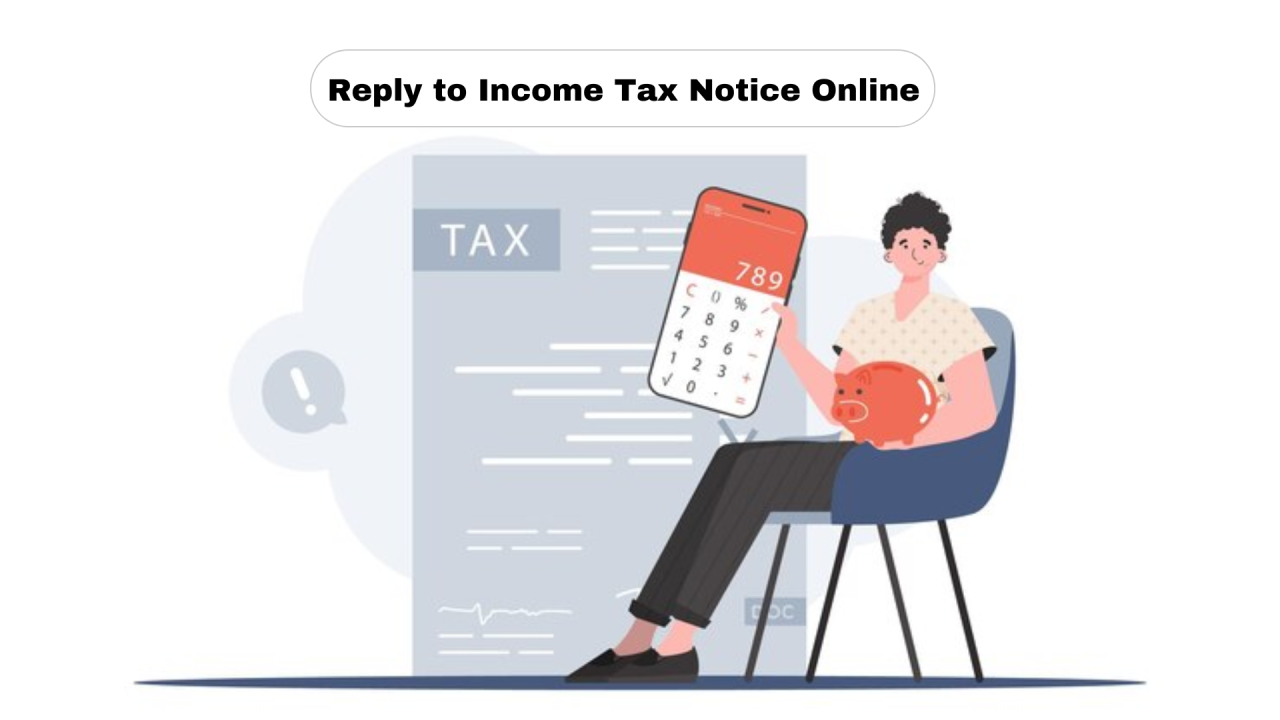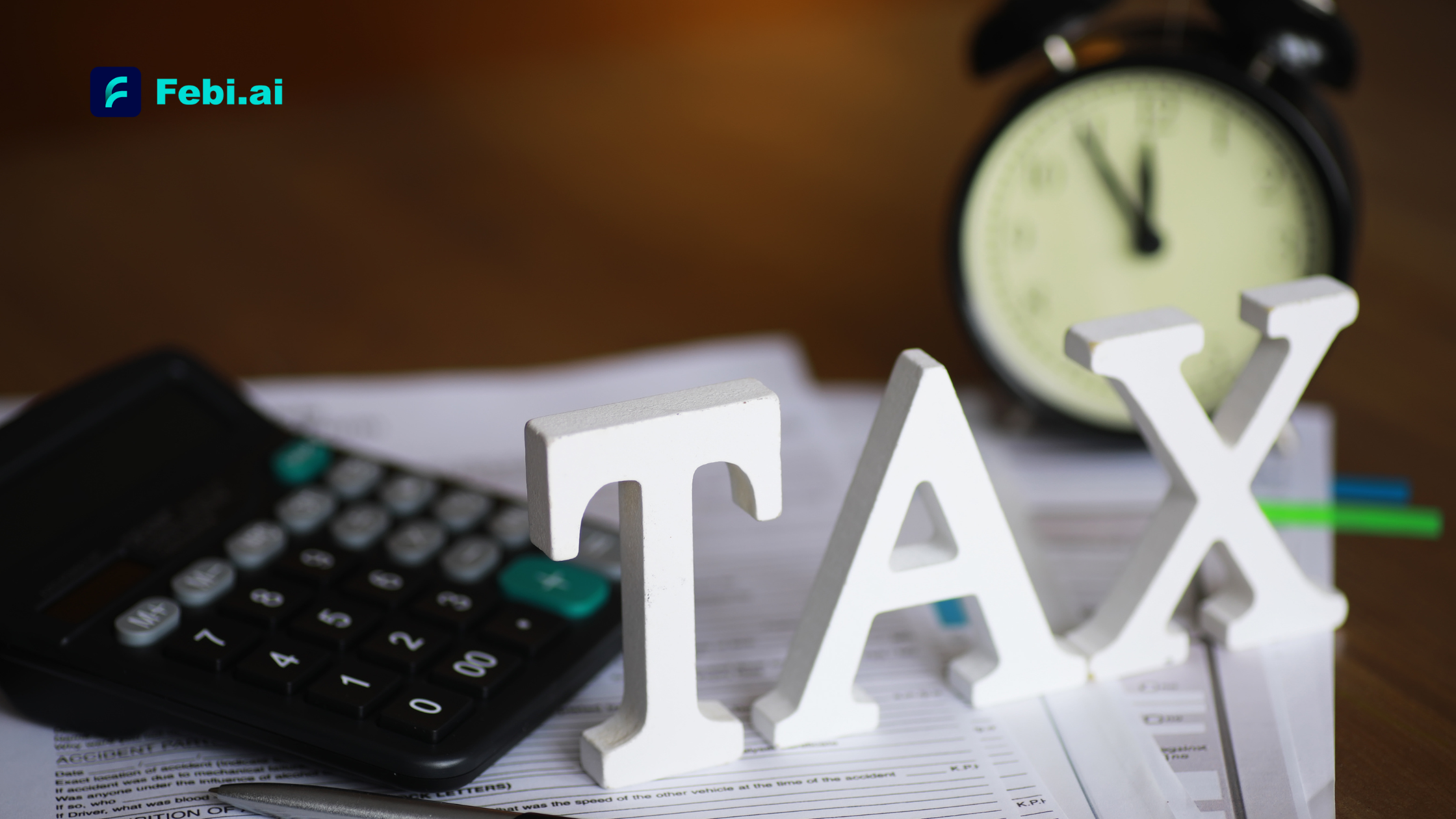Why Winning the Lottery Could Be Your Biggest Tax Nightmare

Strong 8k brings an ultra-HD IPTV experience to your living room and your pocket.
Imagine this: You scan your Mega Millions ticket, and lo and behold, you're looking at the winning numbers. Congratulations! You're a multimillionaire—at least, that's what it appears to be on the surface.
However, before you begin yachting and reserving private islands, there's a slight reality check you must confront: lottery taxes.
Yes, Uncle Sam wants his share. And depending on where you reside and how you treat your winnings, the tax charge could make your dream come true a tax nightmare.
Break down the nitty-gritty of lottery winnings taxation—and most importantly, how to avoid the most frequent pitfalls.
Wait… You Have to Pay Taxes on Lottery Winnings?
Yes. Winning the lottery is not the same as discovering money under the couch. To the IRS, it's ordinary income, just like a paycheck or profit from a business.
The IRS taxes your windfall as ordinary income in the year you win. So whether you win $5,000 or $500 million, get ready for the IRS to visit you.
And here's the kicker: Lottery winnings are taxed at some of the highest marginal rates in the U.S. Why? Because big lottery prizes typically leave you smack in the top federal income tax bracket. There's no "special tax break" for unexpected millionaires.
So, How Much Does the IRS Take from Lottery Winnings
Let's be specific. As of 2025, the federal withholding on lottery winnings is 24% straight off the top. That's $2.4 million withheld from $10 million winnings before you ever lay eyes on the money.
But here's the catch: The highest federal income tax rate is really 37% for those with high incomes. So depending on how large your prize is, you may owe a further 13% when you file your tax return.
Fast example:
- Mega Millions jackpot of $100 million
- Automatic federal withholding: 24% = $24 million
- Final tax bill (after computing the upper tax rate): 37% = $37 million
- Extra tax payable at filing: $13 million more!
Ouch. That's a huge check to sign come tax time.
What About State Taxes?
Wait—don't break out the champagne yet. Most states expect their cut of the pie, too.
State lottery taxes vary by where you live, ranging from 0% to more than 10%. Take California or Florida, for instance. No state tax on lottery wins! But New York? Several pay an additional 10.9% state tax.
Similarly, that amounts to some winners paying as much as half of their prize in total federal and state taxes!
Lump Sum vs. Annuity: What's the Tax Difference?
One of the biggest decisions you’ll face is whether to take your winnings as a lump sum or an annuity. This choice affects not just your payout but also your tax bill.
Let’s break down the lottery lump sum vs annuity taxes:
- Lump Sum: You receive the cash all at once (after tax). The catch? You pay taxes on the whole amount in a single tax year, and probably at the highest tax rate.
- Annuity: The lottery pays you out over 20-30 years. Each payment is taxed as you receive it, possibly keeping you in a lower tax bracket yearly (although that depends on the size of the annuity).
Pro Tip: Opting for an annuity will minimize the risk of overspending and potentially aid in long-term tax planning. But it's not for everyone—particularly if you need financial freedom now.
Why Are Lottery Taxes So Complicated?
You'd imagine earning money would be easy, right? But when the IRS comes along, things start to get complicated. That's why so many winners find themselves googling things like "IRS and lottery winnings" at 2 a.m. after they discover they owe a lot more than they expected.
Lottery jackpots tend to result in:
- Sudden wealth syndrome (yep, that's an actual thing)
- Bad financial planning
- Unexpected tax liabilities
- Risks of audits if you mess up reporting your winnings
Tax Strategies for Lottery Winners
So how do you save yourself from making your lucky day a tax nightmare? Here are some tax strategies for lottery winners to keep in mind:
1. Get Professional Help—Immediately
Make an appointment with a tax advisor, accountant, and lawyer before you even cash that check. Yes, seriously—do not try this one yourself.
2. Plan for the Final Tax Bill
Keep in mind that the mandatory 24% federal withholding is only the beginning. Put aside additional cash for the balance of taxes so you won't be caught asunder later.
3. Plan Charitable Donations
Charitable donations can lower your taxable income if you take itemized deductions. Some winners even establish private foundations.
4. Plan for the Long-Term
Consult with financial planners to invest.' Don't let your funds disappear as a result of bad management or excessive spending.
The Mega Millions Tax Rate: A Quick Recap
If you’re eyeing the next big jackpot, remember the Mega Millions tax rate follows the same rules as other lotteries:
- 24% federal withholding upfront
- Additional federal tax up to 37% total
- State taxes vary by location
- Possible extra costs like legal and financial advisory fees
Final Thoughts: Enjoy the Win, But Be Smart
Winning the lottery can be thrilling—it's a one-time occurrence for most individuals! But if you don't get the tax side right, you might find yourself in the news for all the wrong reasons.
Want to make sure your big win stays a blessing and not a burden? Talk to a professional about lottery taxes and create a strategy before you claim that prize. After all, it’s better to be safe than suddenly broke.
Need help with tax planning?
At KB Tax Devisers, we assist individuals and businesses with complicated tax matters—such as unexpected wealth occurrences like winning the lottery. Contact us before your next big money move!
Note: IndiBlogHub features both user-submitted and editorial content. We do not verify third-party contributions. Read our Disclaimer and Privacy Policyfor details.







